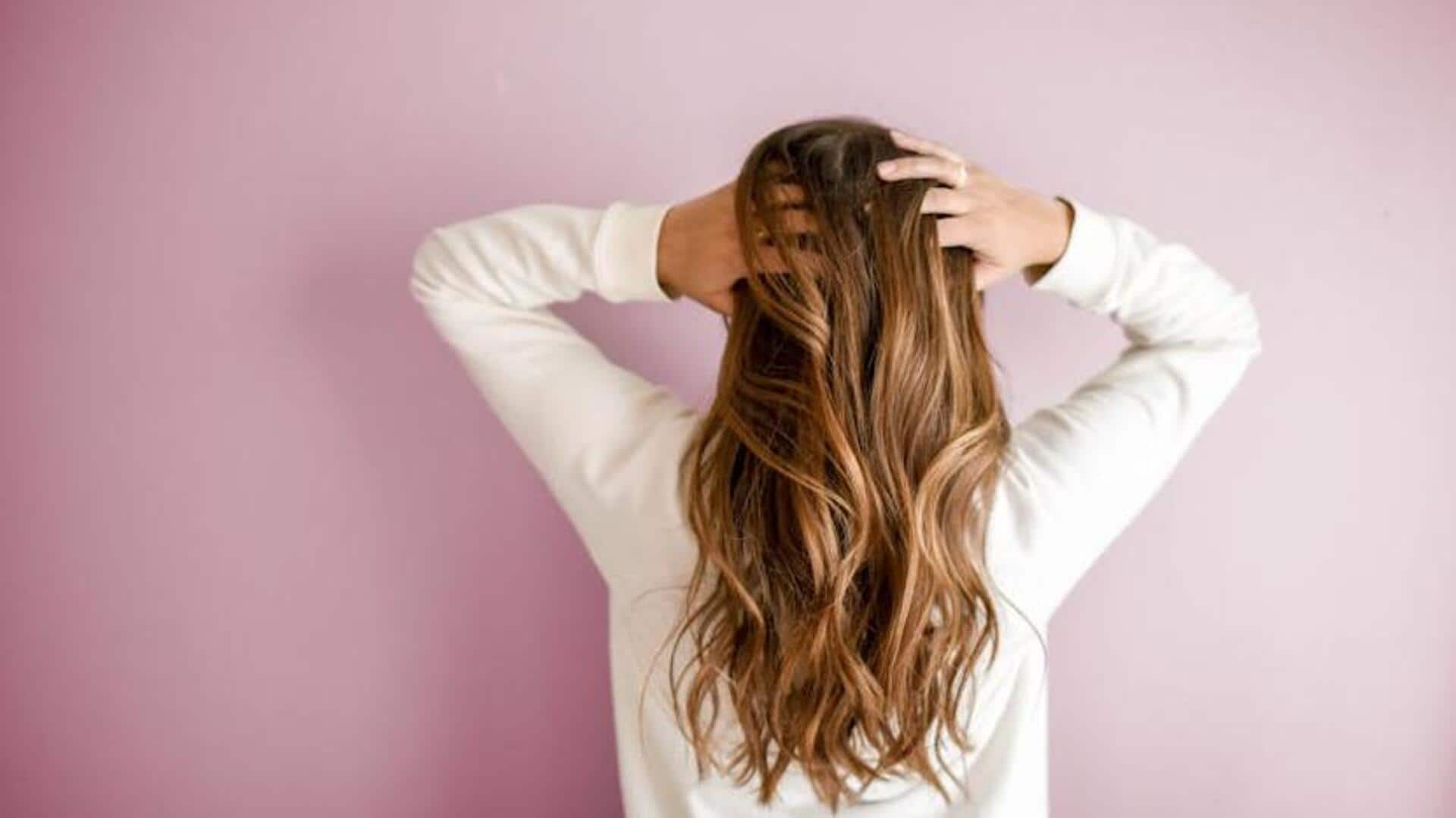
Tea rinses for hair health: Beauty secrets unveiled
What's the story
Tea rinses are the latest natural hair care trend everyone's talking about.
This easy and surprisingly effective treatment just involves pouring a brewed tea solution over your scalp and strands after shampooing.
Tea rinses can help reduce shedding, add shine, and even stimulate hair growth.
Read on to discover the best tea rinse options and how to use them in your hair care routine.
Selection
Choosing the right tea for your hair type
Different teas offer different benefits for your hair.
Green tea is great for oily scalp conditions as it helps remove excess oil and soothe the scalp.
Black tea boosts shine and can naturally darken hair.
Chamomile tea is your best bet if you want to add subtle highlights to your locks, thanks to its natural lightening properties.
Preparation
How to prepare your tea rinse
Boil one liter of water and add two to three tea bags or two tablespoons of loose-leaf tea.
Allow it to steep for 15 minutes, then cool to room temperature.
To further enhance the benefits, you can add essential oils or herbs like rosemary or lavender.
If you used loose-leaf tea, remember to strain it before applying.
Application
Application tips for maximum benefits
After shampooing, gradually pour the cooled tea over your scalp and lengths of your hair in sections, ensuring complete coverage.
Massage it gently into the scalp for several minutes.
You can then follow it up with a conditioner if required or just rinse it out with cool water.
Using it once or twice a week regularly will show significant results.
Routine integration
Incorporating tea rinses into your routine
Adding tea rinses to your existing hair care routine is a piece of cake!
Simply swap out your final rinse for the brewed tea of your choice after shampooing and conditioning (if you condition).
To monitor progress in scalp health or observe changes in hair texture or color, it might be helpful to keep a journal noting the effects of each rinse over time.
Caution
Potential side effects and precautions
Although natural remedies are usually safe, some people may experience side effects.
Allergic reactions are possible, and regular use of certain teas (like black or chamomile) might change the color of chemically treated or naturally light-colored hair.
To avoid allergic reactions, always do a patch test on a small area of your skin before applying it widely.